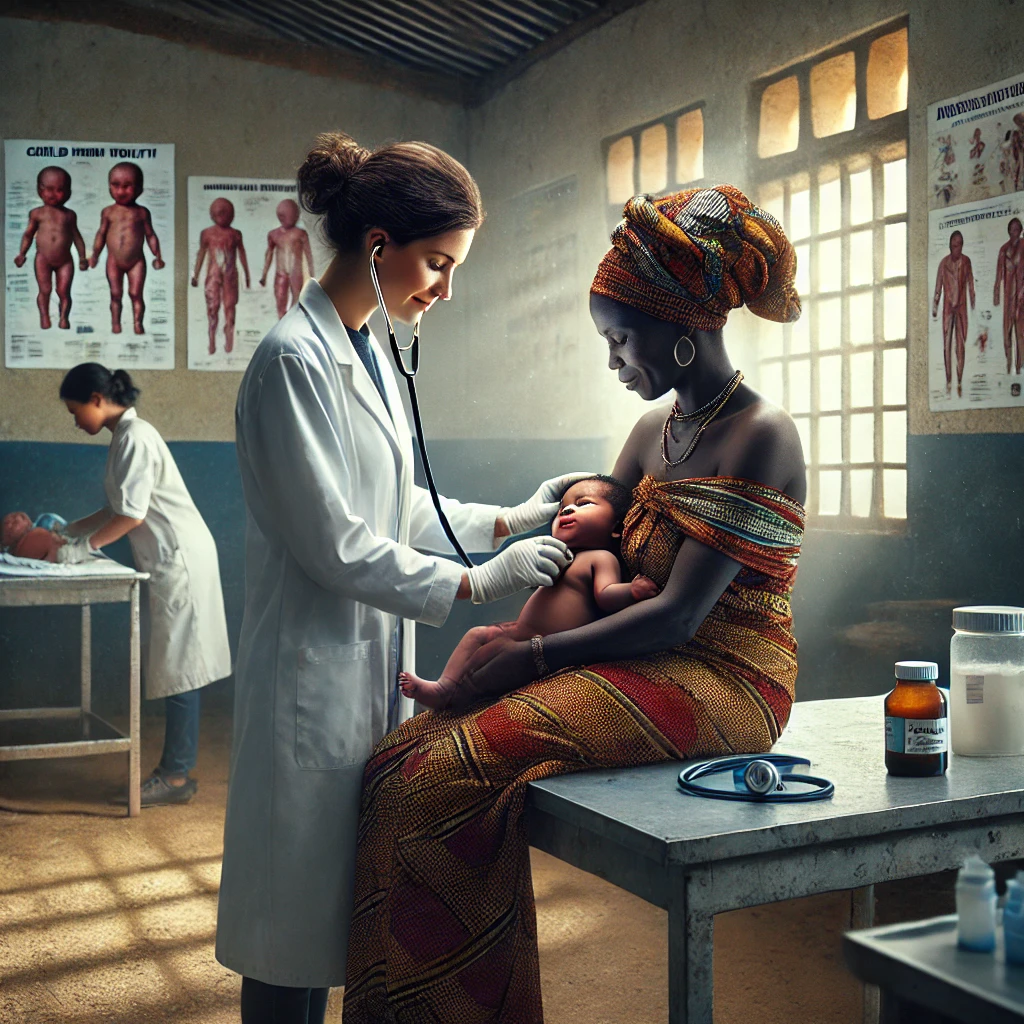WHO and HRP Advance Global Effort to Improve Quality Postnatal Care Worldwide
WHO has issued updated guidance covering the antenatal, intrapartum, and postnatal periods.

The World Health Organization (WHO) and the UN Special Programme in Human Reproduction (HRP) have stepped up efforts to ensure that quality postnatal care is not only a global standard on paper but also a lived reality for mothers and newborns around the world. Their joint initiative focuses on closing the gap between evidence-based recommendations and real-world implementation, ensuring care that supports both survival and long-term well-being.
Why Postnatal Care Matters
Postnatal care is critical to preventing maternal and newborn deaths, but its value extends far beyond survival. High-quality care in the first weeks of life is essential for the physical, emotional, and psychological health of both mother and child. Yet, despite strong global consensus on its importance, many countries continue to struggle with ensuring universal access to comprehensive, respectful, and timely services.
Updated Global Recommendations
WHO has issued updated guidance covering the antenatal, intrapartum, and postnatal periods. These recommendations stress not only the quality of clinical interventions but also the experience of care—ensuring that women and families feel supported, respected, and involved in decision-making.
However, the challenge remains: translating global recommendations into national policies and ultimately into everyday clinical practice at hospitals, clinics, and community health centres.
Tools to Support Countries
To address these gaps, WHO and HRP have launched a suite of implementation tools designed to help countries adapt global standards to their unique contexts. Among these are:
-
Implementation toolkits for antenatal and postnatal care: guiding national policymakers in integrating WHO recommendations into country-level guidelines.
-
Toolkit for intrapartum and immediate postnatal care at facilities: supporting health workers and administrators in applying evidence-based standards at the point of care.
-
Resources such as baseline assessments, case studies, decision-support templates, and global indicators that help align national monitoring with international frameworks.
These toolkits are based on participatory approaches that engage local stakeholders to identify needs, assess barriers, and prioritize feasible actions.
Digital Innovation: Adaptation Kits
Recognizing the growing role of digital health, WHO and HRP have also introduced Digital Adaptation Kits (DAKs) for antenatal and postnatal care. These kits transform WHO’s recommendations into digital formats compatible with electronic medical record systems and decision-support platforms already in use by frontline health workers.
By embedding global standards directly into digital systems, DAKs can help strengthen adherence to recommendations and support consistent, high-quality care. A DAK for intrapartum care is currently under development.
From Policy to Practice
Dr. Nathalie Roebbel, WHO’s cross-cutting lead for urban health, emphasized the importance of ensuring that guidelines move beyond paper commitments:
“Working across sectors and ensuring coherence of policies are key to creating supportive environments for health. This means embedding equity, fairness, and access in every stage of planning and delivery.”
WHO and HRP stress that progress requires not just clinical expertise but also community participation, strong health governance, and investment in human resources and infrastructure.
Looking Ahead
Together, WHO and HRP remain committed to ensuring that maternal and newborn care is evidence-based, people-centred, and digitally enabled. Their goal is to help countries move “from promise to progress,” ensuring that every mother and child—regardless of geography or circumstance—has the chance for a healthy beginning and a hopeful future.










